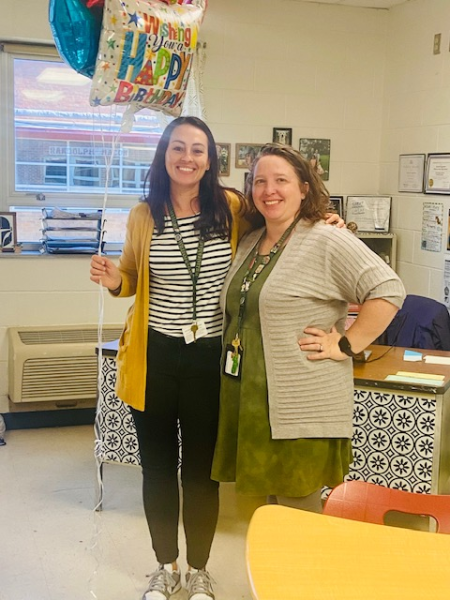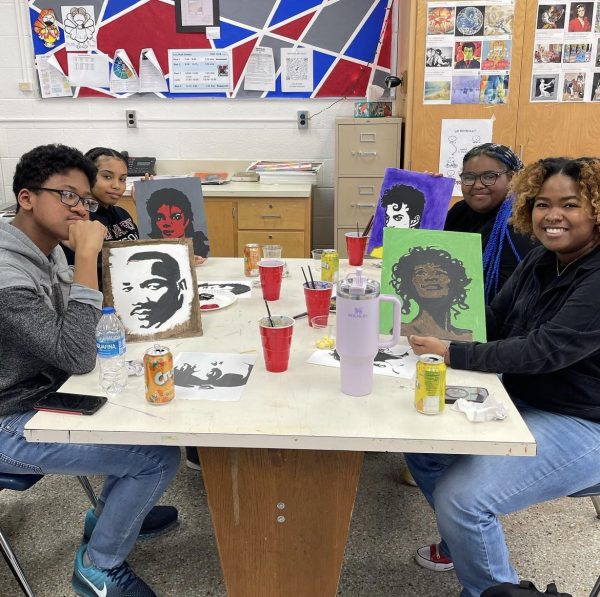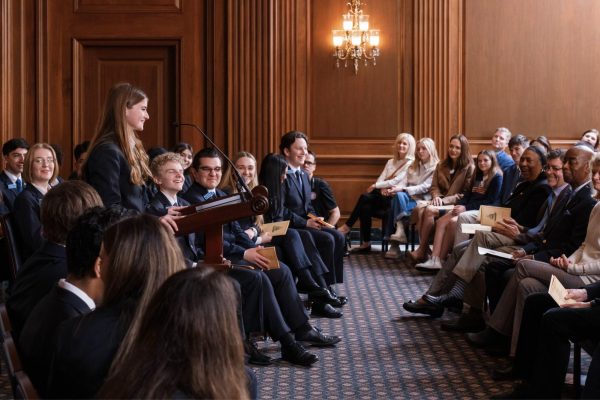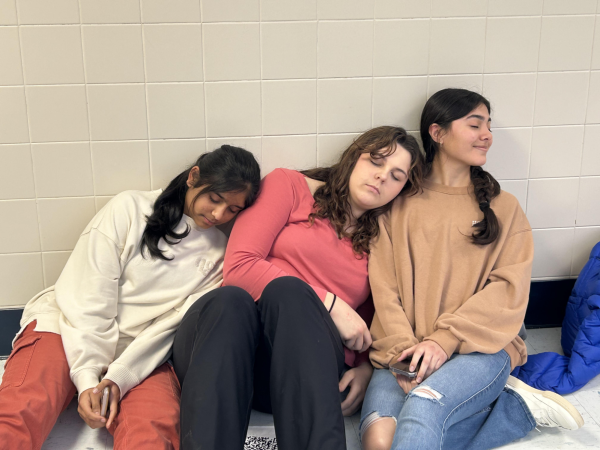What teachers have to say about the shortage
November 17, 2022
After the pandemic and lengthy quarantine hit, something changed that caused teachers to be discouraged at a faster, more alarming rate. Sheila Gorham, a guidance counselor at Princess Anne High School, claims “covid opened many people’s eyes.”
The teacher shortage is real, including in Virginia Beach. According to their employment site, there are 100 positions that still need to be filled in their schools.
Though students have always had resources for mental health and psychological issues, teacher mental health also needs to be at the forefront. “How are we going to balance our job… with the other factors [mental health] that are hindering you educating students,” Gorham noted.
Gorham continued to emphasize that having more mental health professionals available for teachers will make them feel more supported and take some of the pressure off. As a guidance counselor, Gorham will counsel a stressed student but “multiply that by 8 to 10 more students.” She claims the heavy pressure has always been there, but she’s more aware of it after the pandemic.
Along with work-life balance, public education continues to change. PA’s English and Public Speaking teacher reports there are always new systems being introduced. “People get caught up in educational trends and styles that get popular,” states Emma Wiley. For example, the switch from Schoology to Canvas has proved to be a struggle for teachers and students alike.
The district has more expectations that teachers are expected to meet and learn, even when these trends quickly go by. Taking teachers’ opinions and feelings into account about new strategies being introduced will create a supportive environment for teachers and they will be able to give feedback about new developments.
The economics teacher at PA Kevin Rhue believes that “teaching needs to be presented in a more positive light.” Statistics from the Insider newsletter state that the number of people going into the educational field has dropped since 2010. In Rhue’s opinion, the reputation that the public puts on teachers is at fault.
From Rhue’s perspective, teachers are criticized as ineffective as if “we don’t teach kids; we’re lazy.” Until people and the public respect teachers and “what we do, what we can do, and how we impact children,” people will continue to be uninterested in the profession.
To teachers everywhere, connecting with their students is one of the most critical factors of their jobs. When teachers and students continued school online for almost two years, teachers didn’t get that connection, so in Wiley’s opinion many teachers thought, “if I’m not getting what I love out of my job then why am I doing this.”
According to an educational survey done by the Brookings Blog in early January 2021, one-quarter of teachers were said to retire at the end of the year, compared to the average 16% pre-online learning. As many teachers have pointed out, including Gorham, “getting into education has never been about the money,” the connection between students and teachers was their drive.
Furthermore, as teachers continue to point out the flaws of the educational field and strive to better the system, one thing that is continuously brought up is “the lack of support” as pointed out by both Gorham and Wiley. For these teachers, having resources such as access to a therapist and better representation for teachers will improve the field for them and other professionals.








